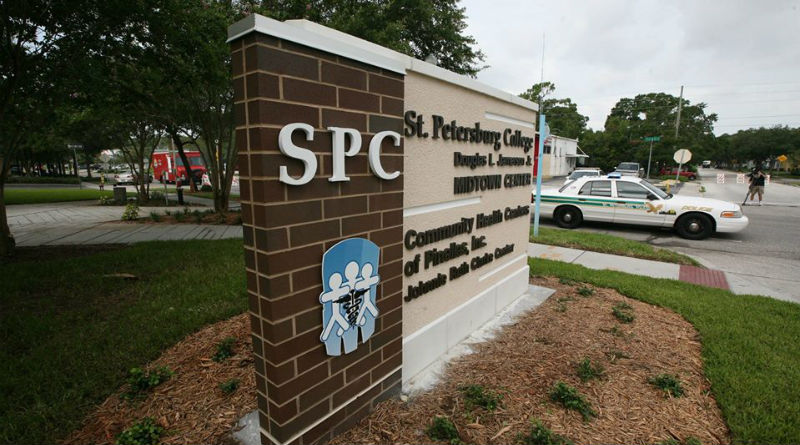
Is Community College a Bad Thing?
Lifestyle & Opinion September 12, 2015By Emily Sanders
Edited by Cynthia Swisher
Often times, community colleges are viewed as “less academically serious,” “the lazier choice,” or that “anyone can get in”. However, as times change and different factors are considered, these accusations are not accurate. In fact, community colleges may actually be the smarter choice, especially to start with.
Although most universities require high ACT/SAT scores and extensive essays, that does not necessarily limit admission to only the “smart kids” or guarantee that students there get a better quality education. This may have been true on the past, but changes have been made so that community colleges now require most professors to have a masters or doctoral degree. For example, at St. Petersburg College, of the four hundred and four instructional employees, one hundred and thirty nine hold doctoral degrees and one hundred and thirty one have masters degrees. Requiring professors to have these degrees means that not only do students at universities get a quality education, but students at a community colleges do as well.
Along with the idea of quality education at community colleges is the issue of class sizes. This alone can make a huge difference. Some universities can hold classes with upwards of hundreds of students. “My biology class has about two hundred students,” says Florida State student, Kelsey Walker. This class size can make it difficult for students who require a more hands-on type of education. At a community college there are far less students per class, making it easier to have a more interactive relationship with the professor. Students are much less likely to become just a number in a thirty student class opposed to a three hundred student class. It is easier to schedule appointments, ask questions, or get extra help from a professor who has fewer assignments to grade.
A huge deal breaker when choosing between a two-year and four-year college is the cost of tuition. According to the College Board, the average cost of tuition and fees at a two year school is only $3,131, just over one-third of a cost for a year at a four-year public institution. This cost makes universities hard to afford for many people. In the case of students who do not know what they ultimately want to major in, it is much more cost efficient to explore options at a two-year college versus a four-year college. Transferring credits to a university is always an option when and if the student chooses to do so.
The big factor that community colleges cannot necessarily provide compared to universities is the so-called “college experience”. By going to a community college, students miss out on dorm living, big sporting events, sororities/fraternities, and an overall active student life. That does not mean, however, that one cannot get involved at a community college. There are many clubs and events, even though student life may not be as big of a deal as it would be at a university. Keep in mind, though, that this college experience is not always the best thing for a student to jump into; some have a hard time adjusting to the new lifestyle.
Each type of college works for different people for different reasons. Whichever a student chooses, it is important to remember that what works for one is not what works for everyone else. Whether one chooses a community college or a university, it is important to keep in mind that college is ultimately about obtaining an education. This is what is vital for the future.
Header photo is courtesy of the SPC Facebook page.





